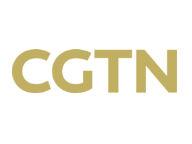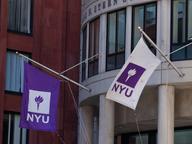School News
—
Stern's MS in Global Finance program, celebrating its 10th year, is featured; Co-Academic Directors Menachem Brenner and Kasper Nielsen, alumna Charmaine Cheuk and student Nick Adams are quoted
—

Excerpt from the Financial Times -- "For Menachem Brenner, co-academic director of the programme, the crisis sharpened his ambitions for the programme. He had been teaching on the course but became its director just as the crisis erupted. 'It had so many lessons for us worldwide,' he says. 'And one of the things I saw as a mission was to bring into the programme those lessons drawn from the crisis.'"
School News
—

Excerpt from the Financial Times -- "For Menachem Brenner, co-academic director of the programme, the crisis sharpened his ambitions for the programme. He had been teaching on the course but became its director just as the crisis erupted. 'It had so many lessons for us worldwide,' he says. 'And one of the things I saw as a mission was to bring into the programme those lessons drawn from the crisis.'"





















